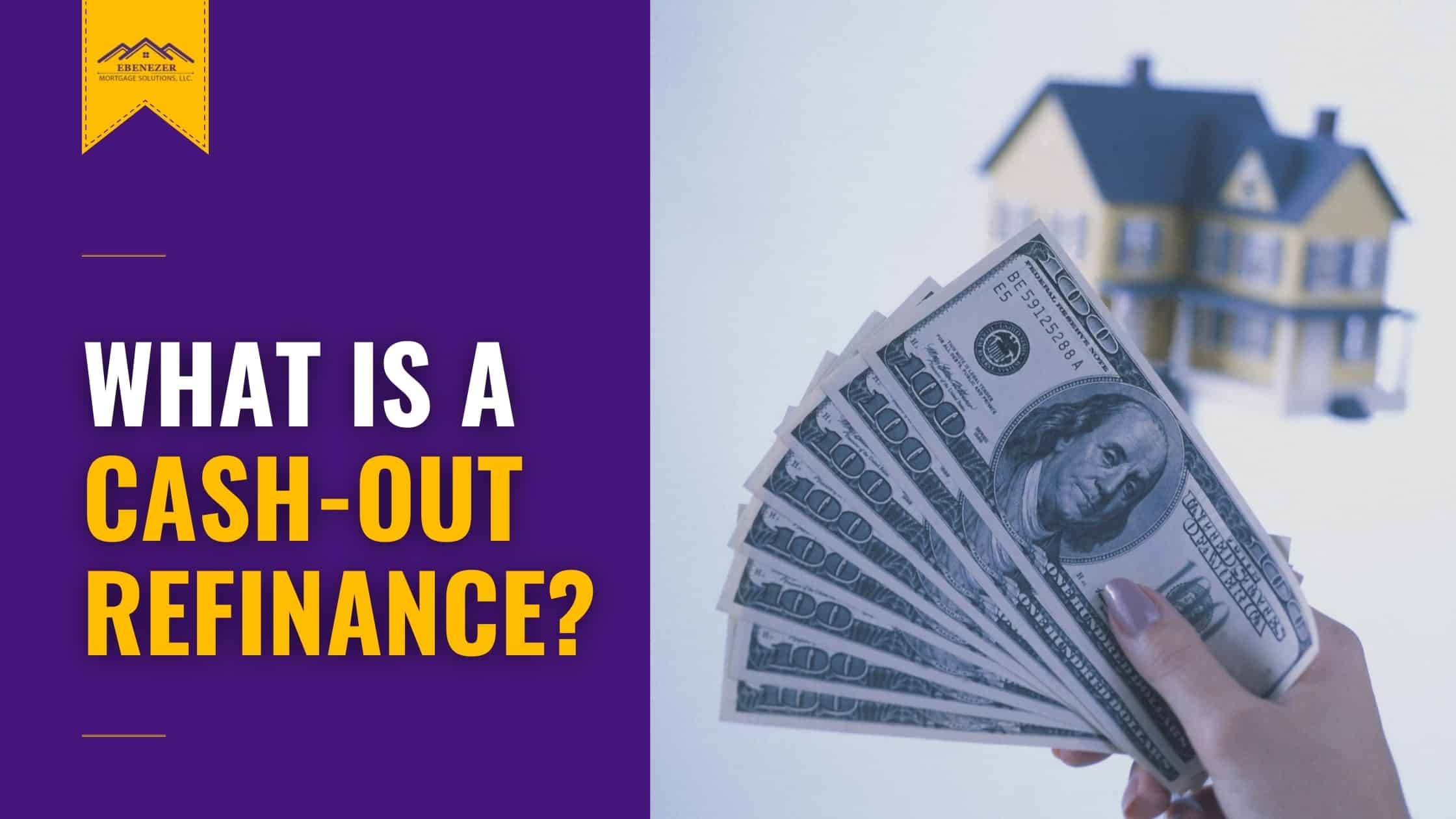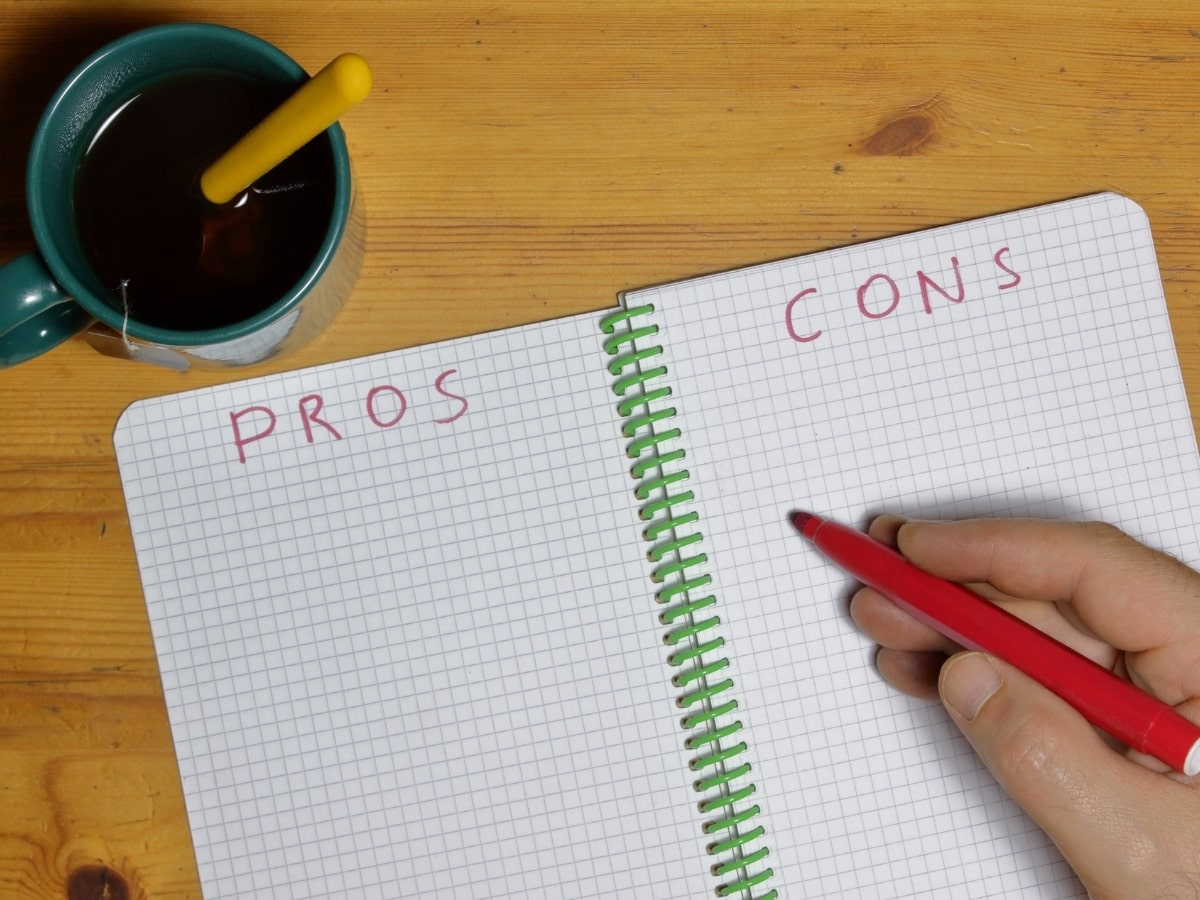Your Most Trusted Partner in Home Purchase Loans & Refinance Loans
Open Hours: Mon. - Fri., 9:00 a.m. - 6:00 p.m.

A cash-out refinance is one of the most exciting options for homeowners. It allows them to tap into the equity they have built up in their homes and use it as they like.
In this article, we'll take a look at what cash-out refinance is, how it works, and the pros and cons of getting one.
Homeownership doesn't end when you buy a home. For one, you have to keep on making on-time repayments, which increases your home equity. You'd also probably want to improve the look of your house and make sure that all utilities are running smoothly. Unfortunately, repairs and improvements can cost a lot. So you can either wait until you have enough money saved, take out a personal loan, or opt for a cash-out refinance.
A cash-out refinance is a type of mortgage refinancing. It allows you to tap into the equity you've accumulated in your home and turn it into cash. You can then use this cash to pay for home renovations or repairs, consolidate debts, or bump up your savings.
Here's an example of how cash-out refinancing works.
Let's say that the current value of your home is $400,000, and the equity you've accumulated is $150,000. That means you still have a mortgage balance of $250,000. Now, let's also say that you want a $40,000 kitchen renovation.
In refinancing, the lender usually limits the amount you can borrow to 80% of your home's value. So with our example, you can refinance to about $320,000. The amount of $250,000 will be deducted from this to pay off the previous mortgage. And the remaining $70,000 will then be given to you in cash.
However, keep in mind that there are refinance closing costs. These costs are usually 2-6% of the new loan amount. This amount will be taken from the cash you received.
The process for cash-out refinance is similar to the mortgage application you completed when buying a house. Here's what you need to prepare for:
Your lender will also order a professional home appraisal to determine the current value of your home.
The whole mortgage refinancing process typically takes 30-45 days, depending on the complexity of your situation. Then, after closing, you'll just have to wait for 3-5 days to receive your cash-out check.

Here are the advantages that cash-out refinancing provides:
These are some of the disadvantages of a cash-out refinancing. Consider these points to determine whether refinancing is right for you:
Just like a cash-out refinance, home equity loans allow you to capitalize on the equity you've accumulated on your home.
So what's the difference?
With a cash-out refinance, you pay off your current mortgage and get a new home loan. On the other hand, a home equity loan is an additional or second mortgage. This means that you'll now have to pay off two mortgages on one property.
Moreover, home equity might have lower closing costs, but cash-out refi offers better interest rates.
Simply put, a no cash-out refinance is when you refinance your mortgage but don't receive any cash after closing. The purpose of this move is to have a better interest rate, shorten the loan term, or switch from adjustable-rate mortgage to fixed-rate mortgage. This is why it's also called the "rate-and-term refinance."
A cash-out refinance is a type of mortgage refinancing that allows homeowners to tap into their home's equity and receive cash on hand. This is a popular way to use the equity to help finance other projects, such as a child's education or home improvements.
Although cash-out refi seems like a great move to obtain cash and have better interest rates, it is a big financial decision. So if you're looking into this option, make sure that you consider both the pros and cons of cash-out refinancing before making a choice.
If you decide that cash-out refinancing is for you, make sure to consider as many lenders as possible. Ebenezer Mortgage Solutions can help you with this.
We work with an extensive network of lenders and can assist you in finding the greatest deals that suit your financial situation. Call us today at (813) 284-4027 to start your cash-out refinancing process.
